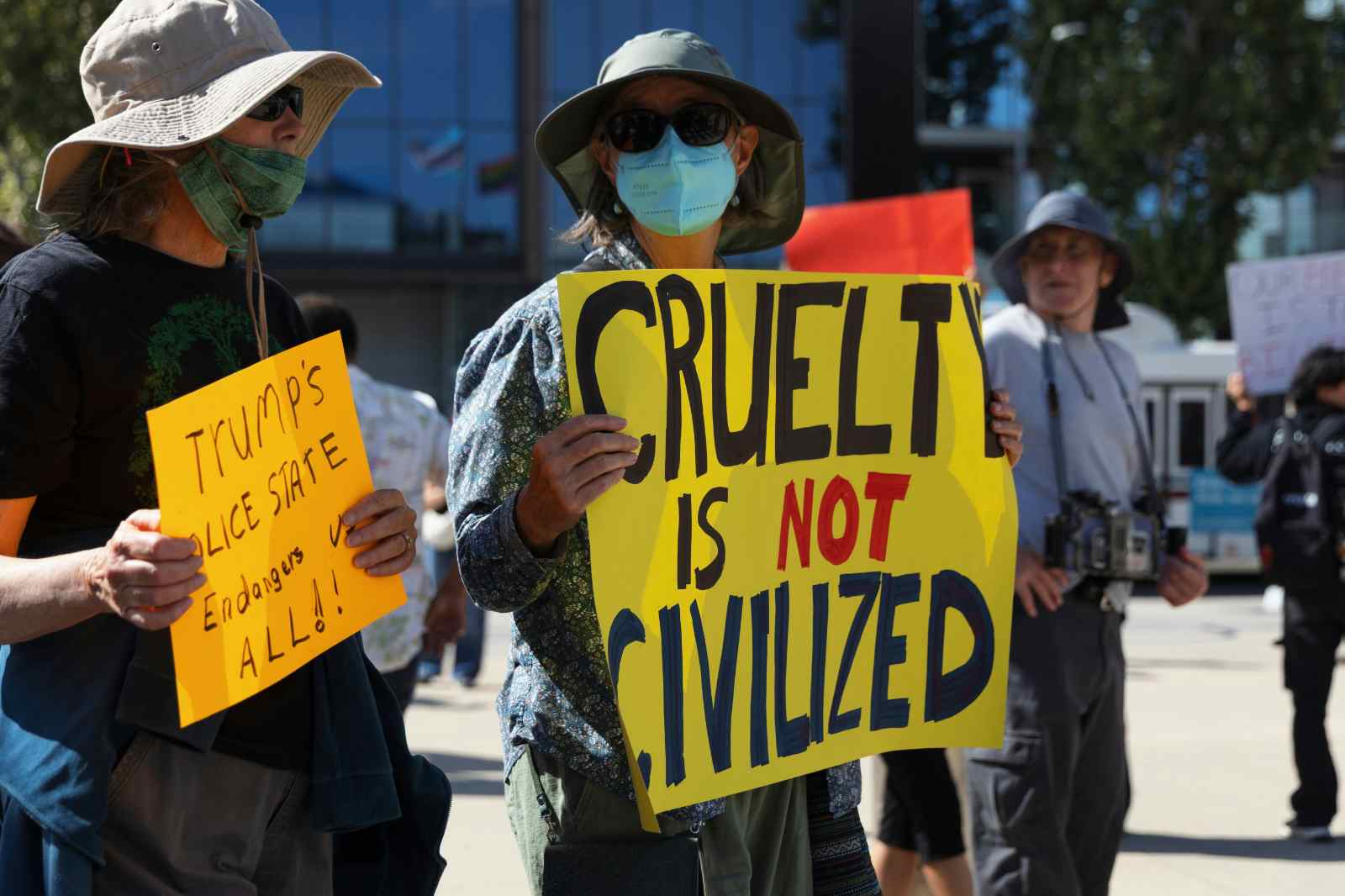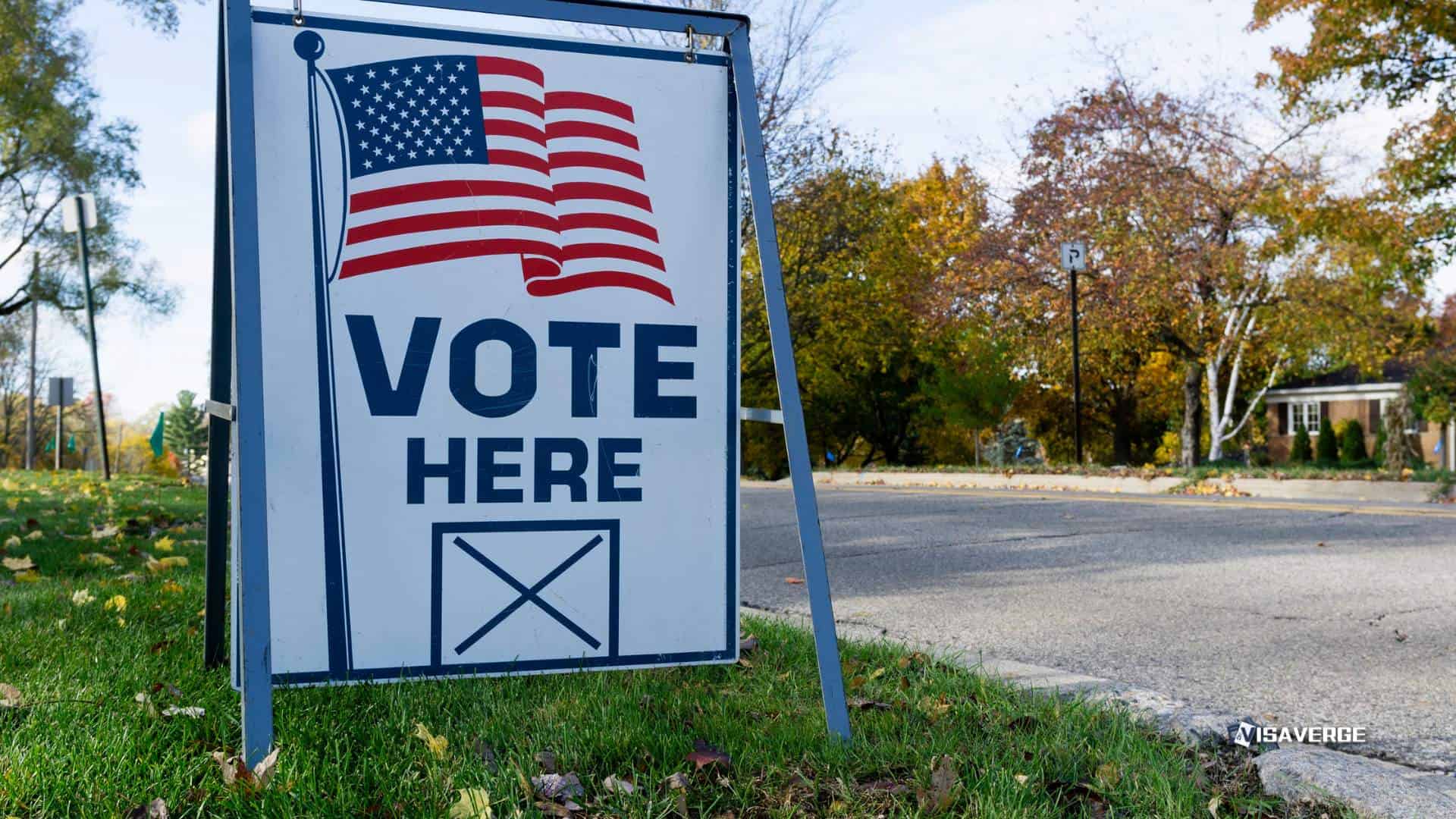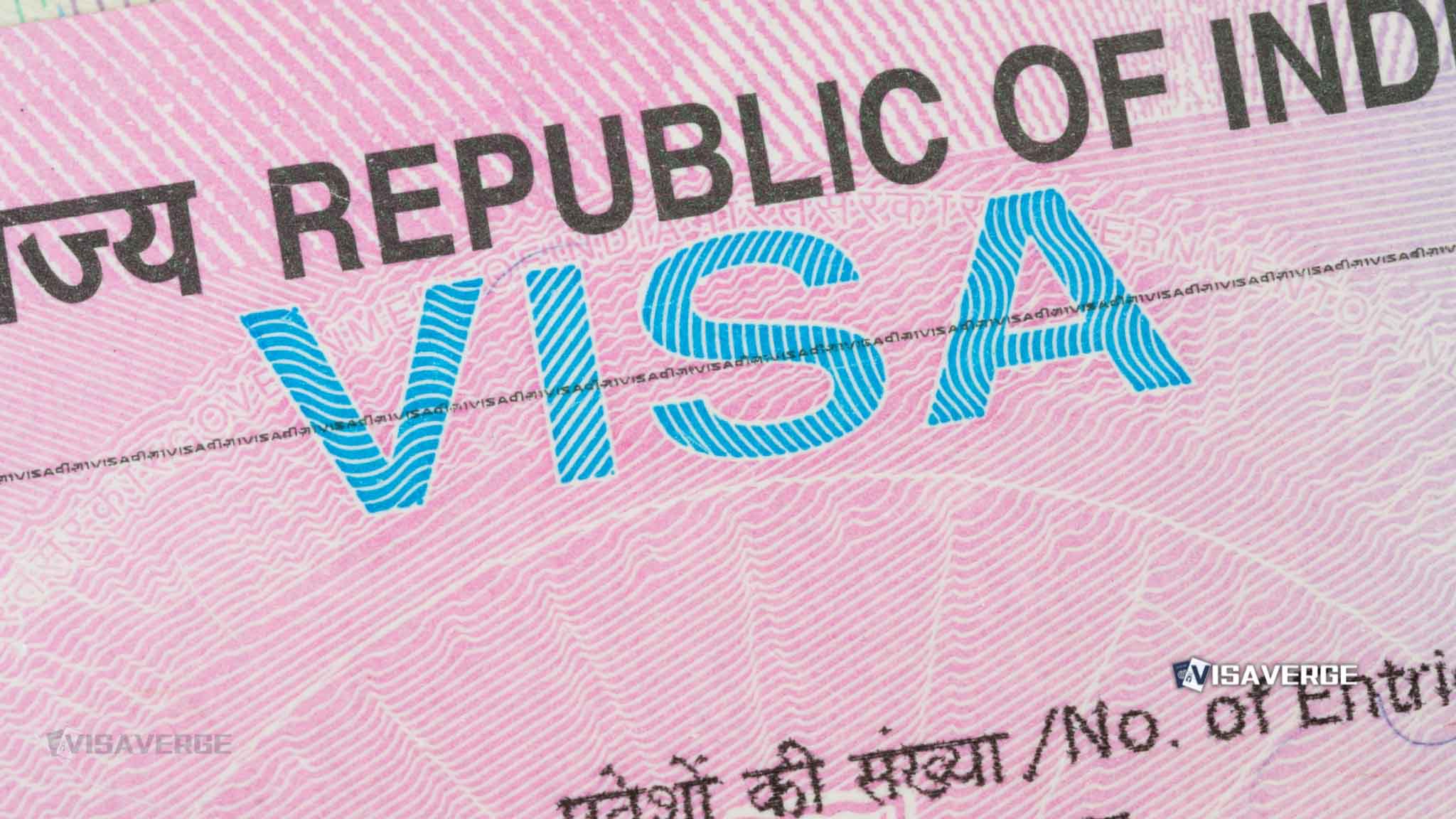(MYANMAR) The Trump administration has moved to end Temporary Protected Status (TPS) for nearly 4,000 people from Myanmar living in the United States 🇺🇸, arguing that the country has made “notable progress in governance and stability” even as rights groups say a brutal civil war still rages. The decision, announced on November 24, 2025 by Homeland Security Secretary Kristi Noem, means TPS protection and work authorization for Myanmar nationals will end on January 26, 2026.
Official action and timeline
- Kristi Noem signed the official notice terminating TPS and set the effective date for sixty days after its publication in the Federal Register.
- According to the Department of Homeland Security (DHS), about 3,969 Myanmar nationals currently rely on TPS to live and work lawfully in the U.S.
- Many TPS holders have not returned to Myanmar since the 2021 military coup and now face the threat of deportation to a country still torn apart by fighting.

DHS reasoning
The Department of Homeland Security cited several developments to justify ending TPS for Myanmar:
– Improvements in governance in certain areas.
– Planned “free and fair elections” scheduled for December 2025.
– Successful ceasefire agreements with some armed groups.
– Stronger local administration in specific parts of Myanmar.
DHS officials said these changes meant Myanmar no longer met the legal standard for TPS — a humanitarian program that allows people to stay in the U.S. when their home country is unsafe due to war, natural disaster, or other extraordinary conditions.
Rights groups’ reaction
Rights organizations responded angrily, saying the government’s reasoning ignores the daily reality on the ground. Key concerns include:
– Myanmar remains locked in a civil war that began after the military seized power in 2021, overthrowing the elected government and jailing politicians, activists, and journalists.
– The junta has carried out airstrikes, village burnings, mass arrests, and internet blackouts in many areas.
– Armed resistance from the National Unity Government (NUG) and People’s Defense Force (PDF) continues, alongside long-running conflicts involving ethnic minority groups.
Human rights advocates argue that planned elections under junta control are unlikely to be free or fair and that returning TPS holders could face arrest, forced conscription, or worse.
“The decision ignores fresh military offensives, indiscriminate attacks on civilians, and credible reports of torture, arbitrary killings, and disappearances,” critics say.
Prominent campaigners including Phil Robertson of Asia Human Rights and Labor Advocates and John Sifton of Human Rights Watch have strongly disputed DHS’s claims of progress.
U.S. government human rights reporting
- The U.S. State Department’s latest human rights report on Myanmar documents ongoing serious abuses by security forces, including extrajudicial killings, the use of child soldiers, and widespread violations against ethnic minorities.
- That official report still describes Myanmar as deeply unstable and repressive — a contrast to Kristi Noem’s formal finding that conditions have improved enough to end TPS.
Impact on TPS holders in the U.S.
The policy shift raises immediate and serious questions for thousands of Myanmar TPS holders:
– Many have built families, careers, and community ties in the U.S.; some have U.S.-born children who are citizens.
– TPS does not itself lead to a green card, but it provides protection from deportation and permission to work.
– With TPS ending, affected individuals must determine whether they qualify for another status, such as:
1. Asylum
2. Family-based petitions
3. Employment-based visas
Risks and barriers
- Not everyone will have alternative options. People who miss deadlines, cannot afford legal help, or lack strong evidence for other immigration paths may become undocumented once TPS ends.
- Rights groups warn that deported Myanmar nationals could be seen as political opponents upon return, particularly if perceived to be linked to the pro-democracy movement, risking imprisonment, torture, or death.
Legal and policy context
- Under U.S. law, TPS designations and terminations are made by the Secretary of Homeland Security in consultation with other agencies.
- The Trump administration has frequently sought to narrow or end humanitarian programs. The Myanmar decision follows a pattern of attempts to phase out TPS for several countries, arguing temporary programs should not become permanent.
- Courts and later policy reversals have sometimes slowed or blocked these efforts, but the TPS debate remains deeply political.
Advice for affected individuals
Immigration lawyers and advocates urge Myanmar TPS holders to seek legal advice immediately. Key points to consider:
– Understand eligibility requirements and deadlines for alternative immigration paths.
– Asylum is a separate form of relief with different rules and timelines; those who fear persecution may still apply, though asylum cases can take years and are complex.
– Past TPS terminations have often caused confusion. Analysis by VisaVerge.com notes some people wrongly assume they must leave immediately, even though they technically remain in status until the final effective date.
Official information on TPS, including country lists and legal criteria, is available at: USCIS – Temporary Protected Status
Practical next steps (recommended)
- Consult an immigration attorney as soon as possible to review options.
- Gather documentation of identity, residence, and any persecution or threats.
- Explore family-based or employment-based petitions if eligible.
- Assess asylum eligibility with legal counsel — note timelines and evidentiary needs.
- Stay informed about any legal challenges or policy changes that could affect the termination.
Final takeaway
The Trump administration’s decision, enacted by Kristi Noem at DHS, starts a countdown to January 26, 2026, for Myanmar TPS holders. Many feel caught between a U.S. government asserting that Myanmar is stable enough for return and reports from family and friends describing ongoing air raids, arrests, and repression. The coming weeks and months will be critical for affected individuals seeking legal alternatives to protect themselves and their families.
On Nov. 24, 2025, DHS Secretary Kristi Noem announced termination of TPS for about 3,969 Myanmar nationals, effective Jan. 26, 2026. The administration cited governance gains, ceasefires, and planned December elections as justification. Rights groups and U.S. human rights reports contest those claims, noting ongoing civil war, airstrikes, mass arrests, and other abuses. Affected individuals risk losing work authorization and face deportation unless they secure asylum, family-based, or employment-based alternatives; legal advice is strongly recommended immediately.








